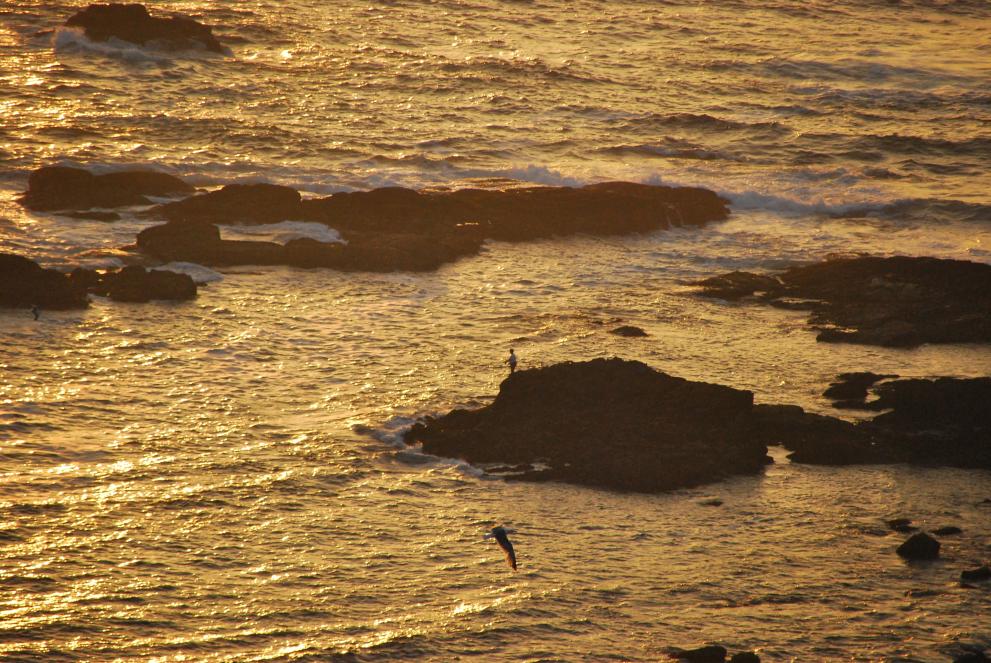
Today the Commission published an assessment of the marine environment monitoring programmes reported by the Member States. The assessment, together with a detailed report by the Commission’s Joint Research Centre (JRC), gives an overview of where, how often and what is monitored under the Marine Strategic Framework Directive (MSFD). It identifies gaps in data and areas monitored, and draws recommendations to improve the monitoring of European seas.
Commissioner for the Environment, Oceans and Fisheries, Virginijus Sinkevičius said:
A clean and healthy marine and coastal environment is a moral obligation to future generations. It is also a legal requirement and a preconditionfor the sustainability of all maritime activities, such as fisheries and tourism. The analysis published today shows that the efforts made by Member States are quite remarkable. There is room for improvement, but we can certainly be proud of our coordinated environmental marine monitoring in the EU under the Marine Strategic Framework Directive and with four Regional Sea Conventions, which is a globally unique achievement.
Under the Marine Strategy Framework Directive, Member States are required to report the various steps of their marine strategies to the European Commission, to assess the state of their seas and set targets. They must also set up and implement monitoring programmes and take measures to achieve or maintain “good environmental status”.
22 Member States have access to the sea. The analysis of the monitoring programmes shows that, despite efforts made since the previous assessment done six years ago, there are still information gaps which do not allow for precise assessing the distance to environmental targets or to the desired quality level of the marine environment by the Member States. Closing those gaps will allow for better assessment or the effectiveness of measures undertaken to tackle various environmental problems affecting the condition of coastal and marine waters, such as pollution, overfishing and degradation of biodiversity and habitats.
Cooperation and coordination with other Member States within the same marine region also needs to be further strengthened, as highlighted by the findings of the assessment. On a positive note, the assessment highlights satisfactory coherence with other EU policies’ monitoring requirements, such as the Common Fisheries Policy and the Habitats and Birds Directives. Furthermore, the Commission is currently preparing its assessment of Member States’ MSFD programmes of measures which they need to implement, to reach good environmental status of their marine waters. This should shed additional light on marine monitoring needs and is planned for publication in 2024.The Commission will integrate these considerations into the ongoing review of the MSFD.
Background
Comprehensive and coherent monitoring data are necessary to understand the impacts of human pressures on the marine environment, as well as to assess how effective various measures are in reducing these pressures thereby contributing to healthy seas and coasts, and, more broadly, to the implementation of the European Green Deal. The JRC is accompanying the MSFD implementation process through analysis of Member States reports and technical collaboration across the MSFD Descriptors on biodiversity and anthropogenic pressures, to improve and harmonise monitoring and assessments. The recently adopted Zero Pollution Monitoring and Outlook Report underlines slow progress in the marine environment notably in relation to the prevention of excess nutrients and plastic litter in the seas and clearly identified the lack of sufficient and reliable data as an obstacle to follow-up on the implementation of some of the targets set. MSFD marine monitoring data will also contribute to measure progress in achieving the EU’s Zero Pollution and Biodiversity targets, as well as the goals of the recently agreed Kunming-Montreal Global Biodiversity Framework.
More Information
Details
- Publication date
- 4 April 2023
- Author
- Directorate-General for Environment

